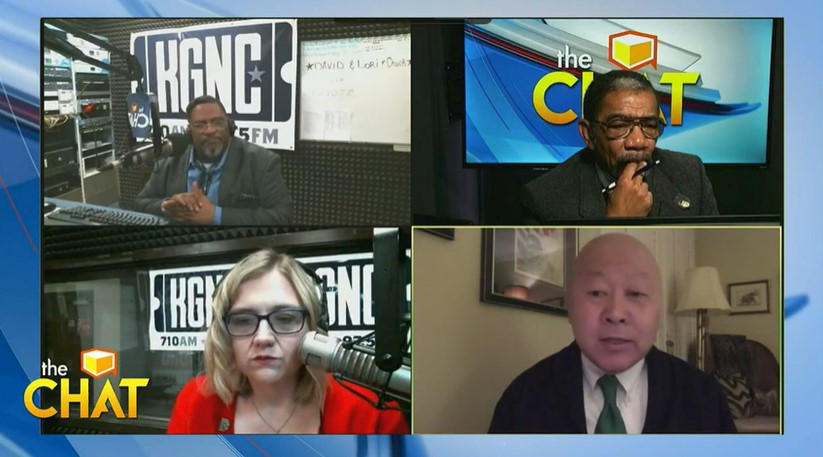In the wake of the deal between Governor Gavin Newsom and legislators to incentivize reopening public schools, teachers unions argue that reopening will hurt minority communities. However, many parents in those communities have strongly called for schools to reopen.
The agreement between Newsom and the legislators does not require public schools to reopen, but simply offers $2 billion in grant incentives for schools to reopen by April 1 for early elementary grades, plus for certain at-risk students in all grade levels.
With the state announcing March 3 it is loosening the levels for counties to reduce restrictions more quickly, it is likely schools may have to reach the more aggressive “red tier” requirement in the deal – opening all elementary schools and at least one middle or high school grade – by April 1 to receive their full funding. Schools lose out on 1 percent of the incentive funding for every day they fail to meet the requirement.
Although schools could reopen under the deal, Politico has noted: “While a Capitol deal may propel districts toward reopening, local school boards and their labor unions still have final say.”
With the teachers unions having a potential veto over school reopening, it was a bad sign when the head of the United Teachers of Los Angeles, the state’s largest local union, blasted the deal as “a recipe for propagating structural racism.”
UTLA president Cecily Myart-Cruz said wealthy white parents were “driving the push behind a rushed return.” Los Angeles schools have been closed since last spring. Some of the greatest anger at Myart-Cruz’s incendiary claim came not from whites, but rather from minority parents.
In South Los Angeles, Renee Bailey, an African-American mother of two, told a local television station that she was outraged by Myart-Cruz’s contention.
Referring to Myart-Cruz’s charge of structural racism, Bailey said, “that is a very generalized and almost racist comment in itself.”
“As a culture, Black and brown people don’t want to be generalized,” she observed, and they “don’t want to be stereotyped and to say that reopening of schools is structural racism, that’s wrong.”
Speaking of her 14-year-old son, who has an intellectual disability, Bailey said he needs to be in school for his therapies and the fact “that he’s going on two years without his therapies, my son has regressed.”
Challenging Myart-Cruz, Bailey said, “No one can speak for us better than us.”
Lamar Freeman, a youth football coach in South Los Angeles, has seen a decrease in academic achievement among his players: “Most of my A and B kids are getting Ds and Cs, some Fs. They struggle because most of [their] parents are single parents, so they have to work in the morning. There’s no one to supervise their kids to make sure they’re signing on Zoom.”
The data supports Freeman’s observation. According to the Los Angeles Unified School District, nearly a quarter of both African American and Latino students have received Ds or Fs in classes in grades 9-12 since the start of the current school year. In contrast, 13 percent of white students received Ds or Fs. As the publication EdSource noted, this gap “has widened since last school year.”
Minority parents are recognizing that the biggest stumbling block to their children returning to school is the teachers union.
Houman Hemmati, a father of a pre-schooler, said: “The parents have started to question the [UTLA’s] motives here and say . . . regardless of what you are trying to do the ultimate outcome is you are hurting our kids. You’re even hurting the teachers who want to come back.”
The bottom line is that minority children have the most to lose by keeping schools closed. The CDC says, “The absence of in-person educational options may disadvantage children from low-resourced communities, which may include large representation of racial and ethnic minorities. “
As Renee Bailey emphasized: “It’s almost like minority families want the schools to reopen more than anyone else, and the reason why I say that is education, for us is a stairway out of poverty, so every day that our kids aren’t in school, that’s just a day closer to poverty to them.”
State and local decision-makers must find the courage to stand up to the teachers unions. If they fail to do so, the impact on our children will be catastrophic.
Lance Izumi is senior director of the Center for Education at the Pacific Research Institute. He is the author of the 2021 PRI report “New and Emerging Obstacles Facing Charter Schools.”

